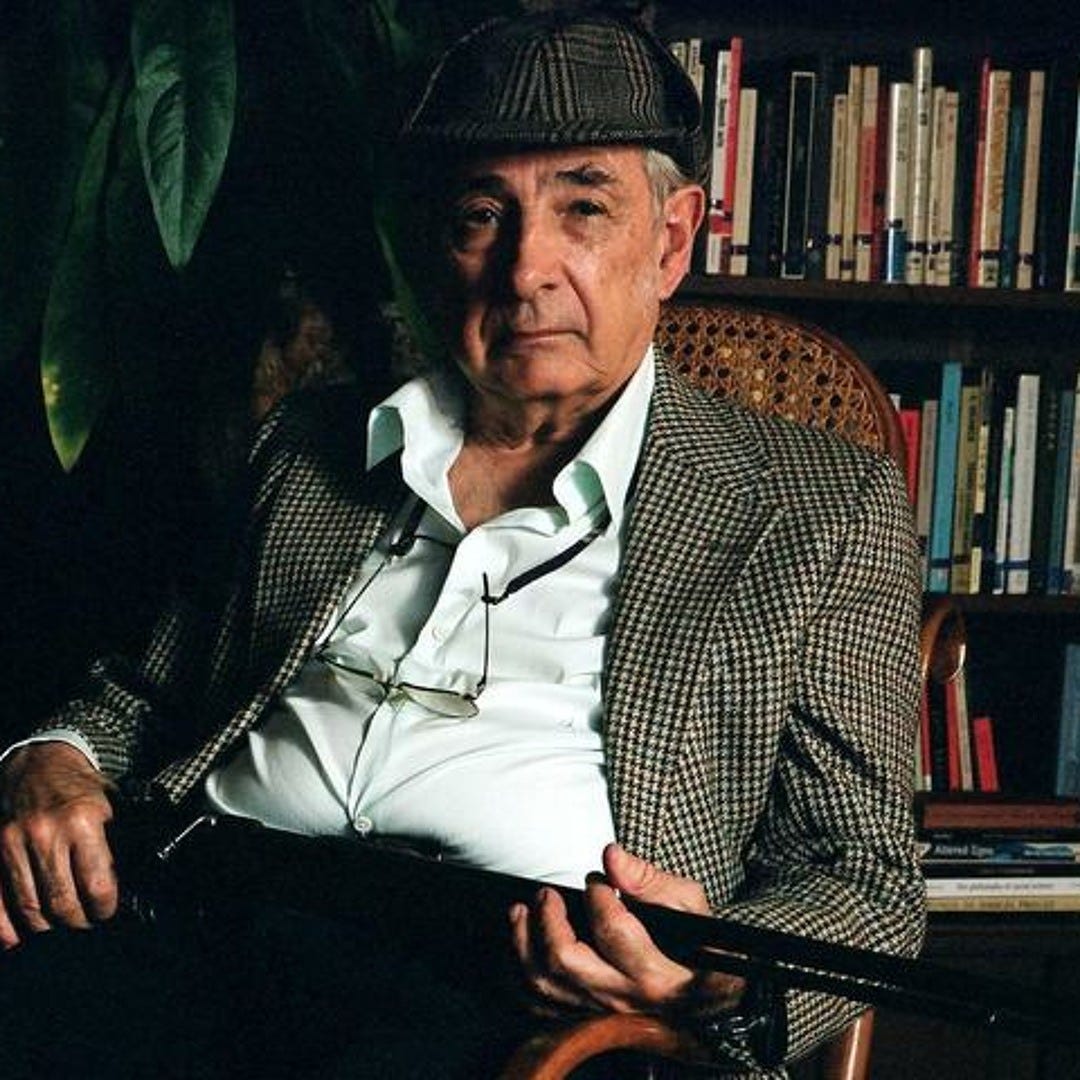The Demise of Deconstruction
Ed Feser reflects on the passing of John Searle, the philosopher who set a depth charge for truth against the pretensions of deconstruction before the political damage was ever felt.
The eminent philosopher John Searle died in September at the age of 93. Searle wrote little on topics of ethics and political philosophy. He was best known for his work in the philosophy of language and philosophy of mind. But among contemporary academic philosophers, he was among the most vocal about the political controversies that roiled the universities from the sixties through the 2000s.
Searle had been critical of Senator Joseph McCarthy in the 1950s, and was a prominent part of the Free Speech Movement that started in 1964 at UC Berkeley, where he taught for over fifty years. But he also grew alarmed at the excesses that came to define student protests as the decade wore on. As he complained in the 1990 documentary Berkeley in the Sixties:
We attracted to Berkeley the worst collection of kooks and nuts you’ve ever seen in your life. Everybody saw this on television, and they had a completely distorted conception of it. They thought, “What you do is you go to Berkeley, and you riot and you just have a great time. It’s one big political, sexual, drug feast.”
Unsurprisingly, his objection to the radicals’ hijacking of the cause of free speech earned him criticism from the Left. In Searle’s estimation, these new enemies were not much different in spirit from his older ones. In his 1971 book The Campus War, he wrote:
I have been attacked by both the House Un-American Activities Committee… on the one hand and by several radical polemicists on the other. Stylistically, the attacks are interestingly similar. Both rely heavily on insinuation and innuendo, and both display a hatred – one might almost say terror – of close analysis and dissection of argument.
Searle sometimes characterized his approach to these matters as a defense of Enlightenment values. But in fact he was simply upholding the fundamental imperative of philosophy itself, as it has been understood since Socrates – the imperative to allow reason the freedom to pursue the truth. Searle saw those who wanted to stifle free speech as denying this freedom. And he judged those who abused this freedom to be uninterested in the pursuit of truth.




